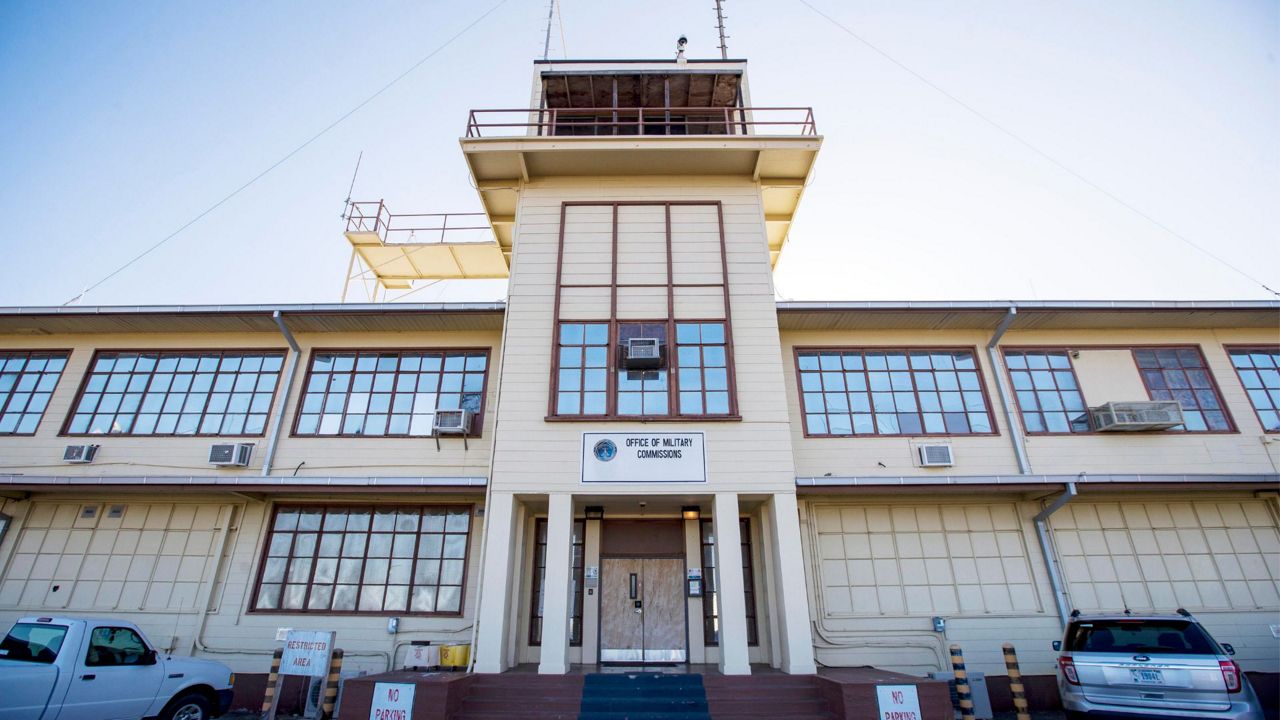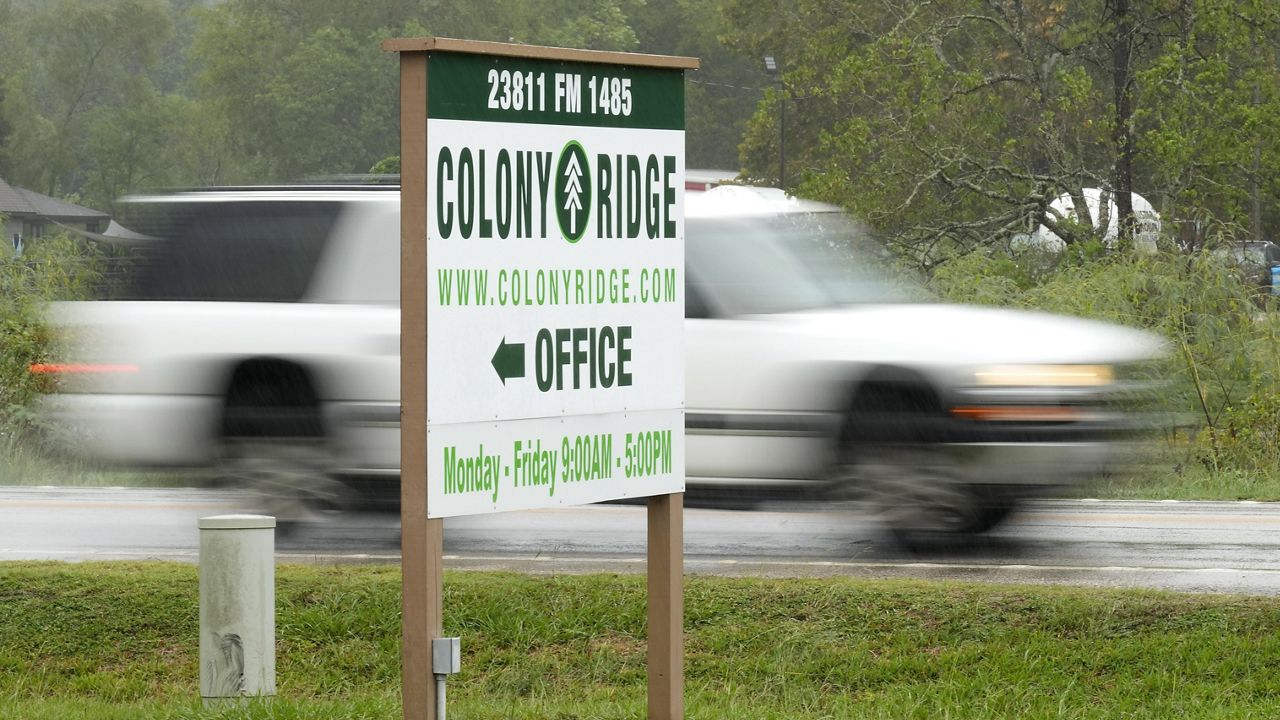MEXICO — Following Tuesday’s pause on Senate Bill 4, Mexico warned the law would lead to discrimination of the Mexican and Latino communities and “tensions” between the U.S. and Mexico.
“Mexico is deeply concerned that SB 4 will be applied in a discriminatory manner and fears that its enforcement will lead to improper harassment, detention, removal and criminalization of Mexican citizens and individuals of Latino appearance,” the brief reads.
Mexico filed the amicus brief, or “friend of the court” brief, on Thursday with the 5th U.S. Circuit Court of Appeals in support of the plaintiff in the case, which includes the Biden administration. Amicus briefs are typically filed by parties outside of a case in an effort to show the court how individuals outside of the case will be impacted by its final decision.
The brief also highlights how SB 4 would affect Mexico’s ability to govern its own people.
“Enforcement of SB 4 would also interfere with Mexico’s right to determine its own policies regarding entry into its territory, undermine U.S.-Mexico collaboration on a legal migration framework and border management, and hinder U.S.-Mexico trade,” the brief reads.
Texas Gov. Greg Abbott signed SB 4 into law in December and the U.S. District Court for the Western District of Texas initially blocked it. The law was allowed to go into effect for a short time on Tuesday until the 5th Circuit Court of Appeals discontinued its previous stay, temporarily blocking the law from retaking effect after much back and forth.
The law would allow police in Texas to arrest anyone suspected of crossing the border illegally, something Mexico says is causing fear and anxiety among communities that would be targeted.
“The possibility that thousands of Mexican nationals authorized to study, work, and reside in Texas are now under threat of detention, removal, and criminalization — and the related separation from their families — upon any interaction with a Texas law enforcement official has engendered unprecedented levels of anxiety in the Mexican community,” the brief reads.
Mexico has 11 consulates in Texas whose job is to help Mexican citizens living in or traveling to the U.S. obtain documents such as passports and birth certificates and advise them on legal issues and U.S. laws. Mexico says consular officials have recently been reporting “fear, panic and uncertainty” among Mexican nationals due to SB 4.
Mexico also expressed concern about Texas attempting to enforce its own extreme immigration laws that usurp the Biden administration's stance. Abbott has long been at odds with the administration on the issue.
“…foreign nations must be able to confer with ‘one national sovereign, not the 50 separate States,’ regarding the safety and security of their nationals,” the brief reads. “SB 4 wholly eviscerates this one-voice principle by requiring Mexico to engage with not only the U.S. government, but also several levels of state and local law enforcement in Texas to address individual apprehensions, detentions, and removals pursuant to SB 4.”










